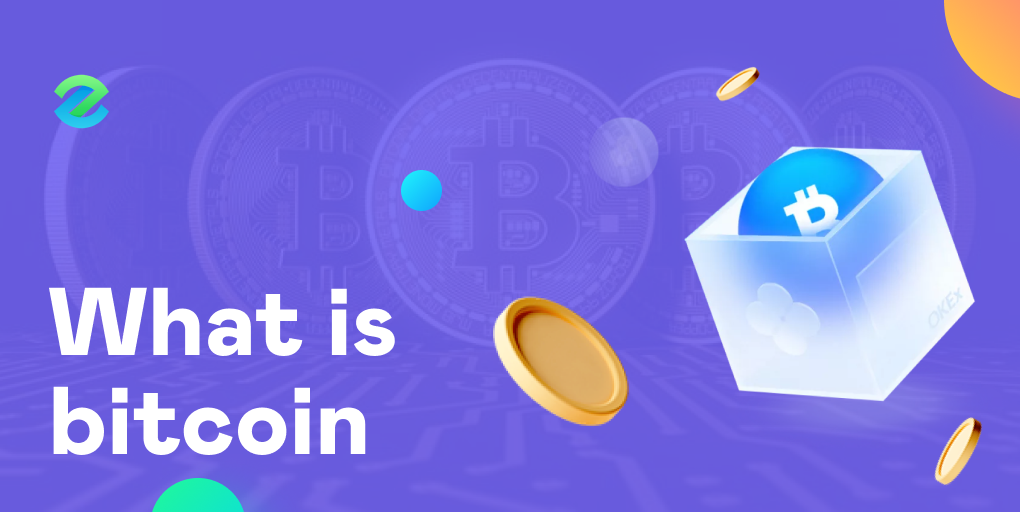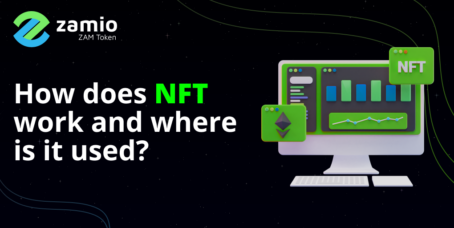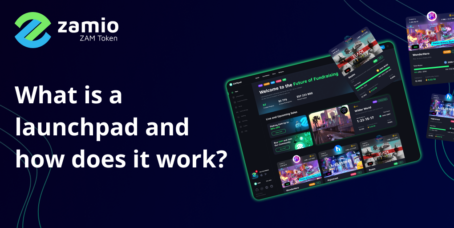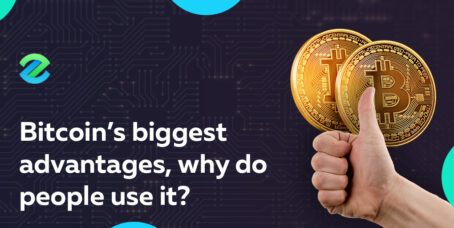Satoshi Nakamoto, an individual or a group of people, founded Bitcoin, the first decentralized and encrypted digital currency. The bitcoin project was detailed in the whitepaper and published online in October 2008. In this paper, Satoshi presented a solution to the double-spending dilemma through the technology that empowers Bitcoin, the blockchain.
By solving the double-spending problem, a user can now transfer money online to another user with the inability to spend the amount twice and more impressively without the need for a central authority or intermediary. Traditionally, transfers needed an entity to verify transactions, such as a bank, government, or company.
Bitcoin began operating in 2009 and started circulating among tech enthusiasts. Many experts in the field, who understood bitcoin and the blockchain at the time, did not hesitate to promote the new digital system as practical and impressive. Others described it as a technological revolution that will change the world, so what exactly are bitcoin and blockchain?
What is Bitcoin?
Bitcoin is an intangible digital currency, securely traded and spent online only. In other words, it is an electronic payment system that uses bitcoin as its own currency. Bitcoin can be classified as a currency because it meets the functional criteria:
- A medium of exchange: spent in exchange for goods and services.
- A store of value: saved, retrieved, and exchanged at some point.
- A unit of account: used to measure the value of a particular good or service.
However, some do not recognize bitcoin as a currency because they reject the idea of attaching a value to something that cannot be felt or touched. Others prefer to classify it as a digital asset or commodity that resembles gold. The classification of bitcoin will be more apparent in the future when it proves its existence and overcomes the technical, political, and legal challenges that we will address later in another article.
Bitcoin is a currency that relies on cryptography or cryptographic proof, hence the name cryptocurrency. Consequently, all transactions are encrypted, secured, and safely conducted over the bitcoin network while concealing the identity of its users: the senders, receivers, and miners.
Moreover, Bitcoin relies on a peer-to-peer network. As a result, all nodes or computer devices run by individuals can join the Bitcoin network and participate collectively to maintain its security and process the transactions that occur on it. In other words, control of the Bitcoin system doesn’t lie in the hands of a single entity but rather in the hands of its users. In this way, trading bitcoin on the network happens directly without an intermediary. Also, transaction verification occurs collectively by nodes or miners who check every transaction before storing them on the blockchain.
Many cryptocurrencies exist on the market, but bitcoin is the king of digital currencies because it is the first and most trusted, decentralized, and traded today. After the launch of bitcoin, more than 5000 cryptocurrencies followed (2009-2020), and each has a similar function or different one that distinguishes itself from others. Some of these cryptocurrencies have no purpose other than looting the money of those who buy them. Always read the white paper of each project and research the team behind it and what the crypto community thinks of it.
The number of bitcoins is limited. It cannot exceed 21 million coins, and this number is gradually released and eventually achieved by a process called: mining.
Cryptocurrencies are not backed or secured by a specific commodity such as gold. Cryptocurrencies such as bitcoin mainly obtain their value from the faith users have in the system. Fiat money, such as the dollar, is no different, except it is backed by the faith people have in their government and economy.
Bitcoin is a global currency. It has no international borders, no central authority, and no intermediary, so how is that possible? Learn about the blockchain here, the technology that empowers bitcoin and other cryptocurrencies.









